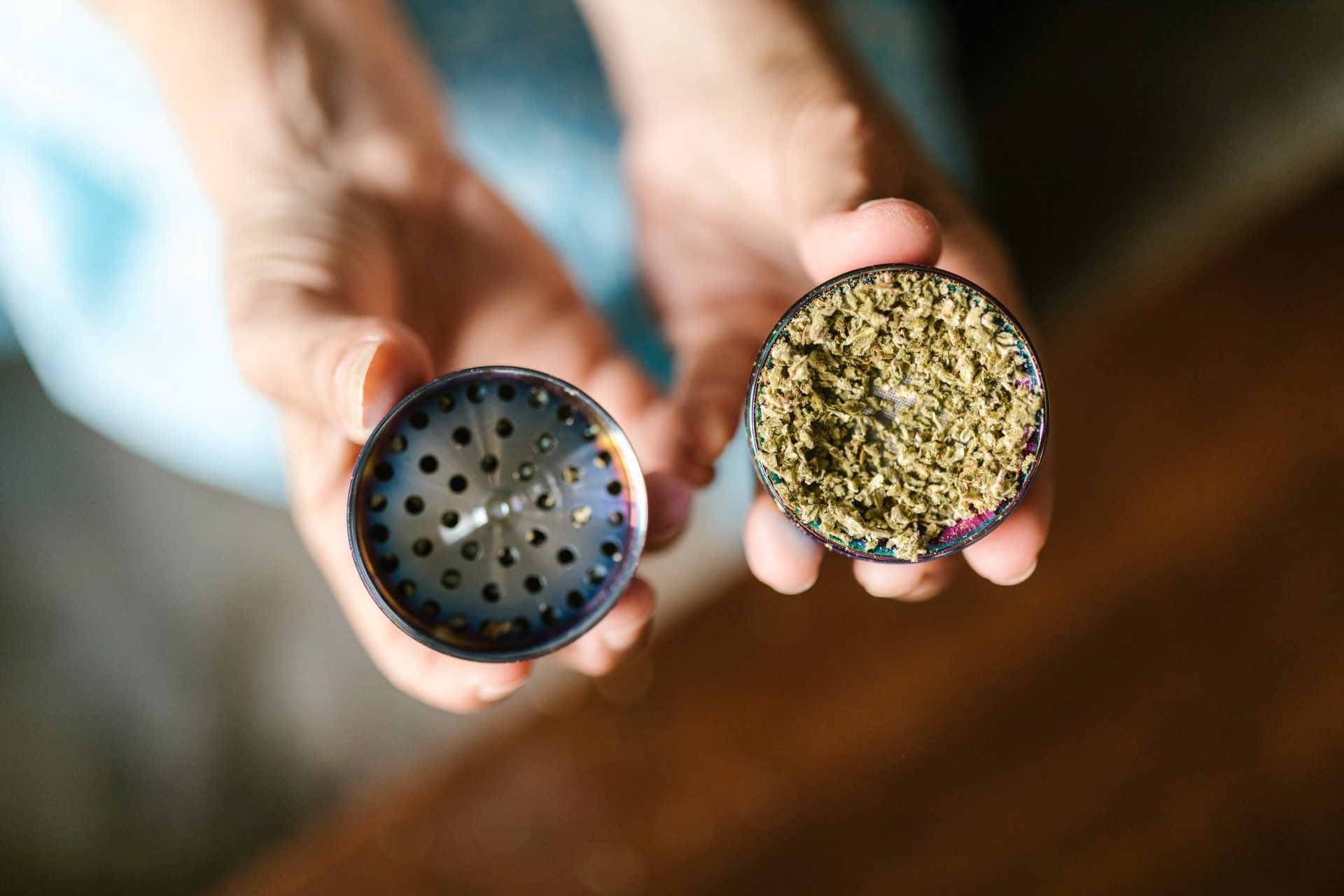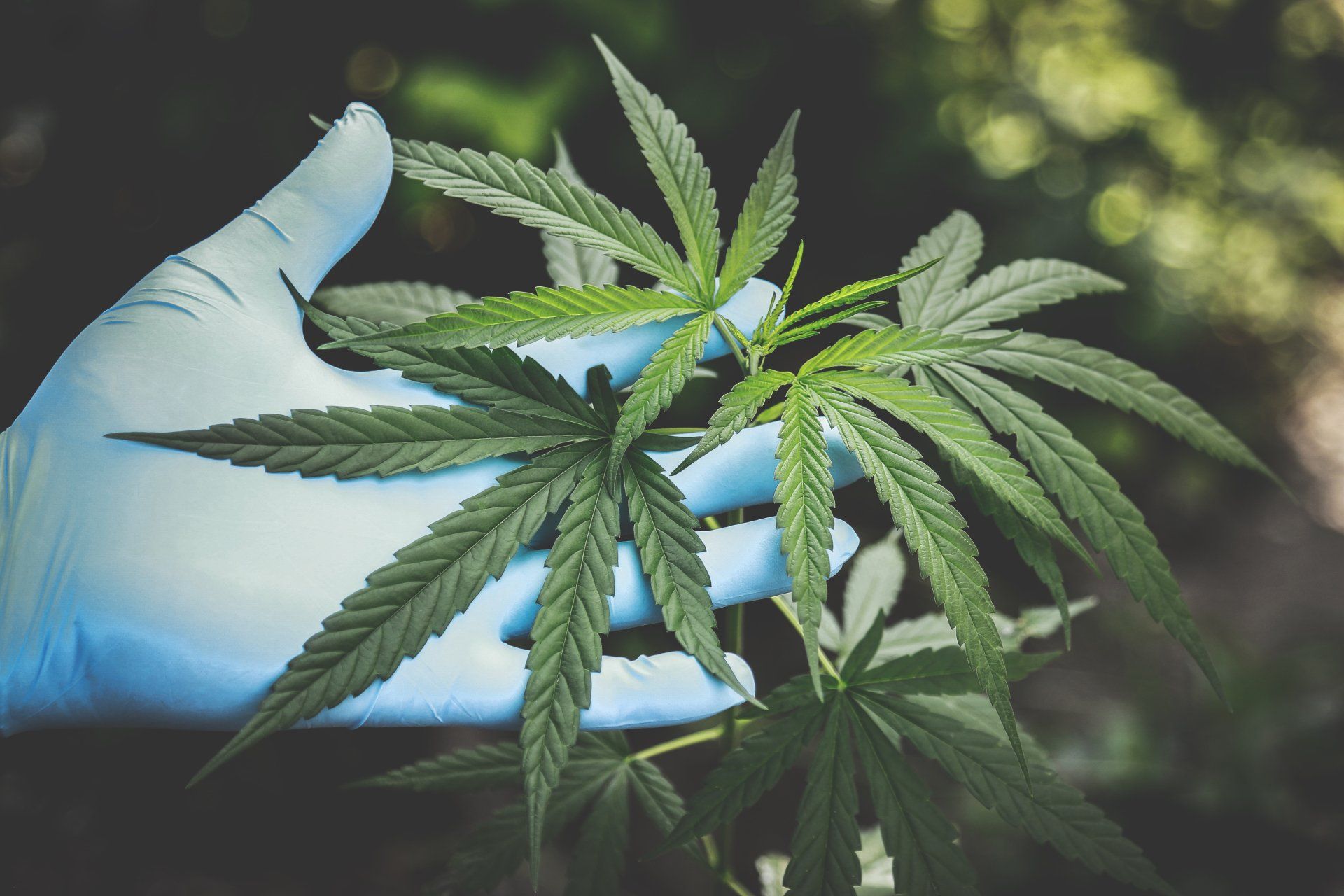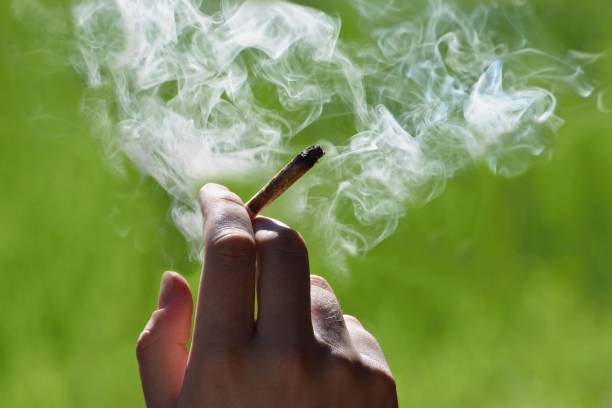Understanding the truth about cannabis
Growing up in the back streets of South London in the sixties, cannabis was not a part of ‘working-class’ culture at all. Everyone was mainly out drinking in pubs. Yes, cannabis was about, but mostly used by students and the middle classes.
I never really came across cannabis until a relative in the 80’s started to use it to relieve muscle spasms caused by multiple sclerosis. But it was not until I started looking after people with schizophrenia that I discovered another side to this incredibly complex plant.
I was working for a special needs Housing Association looking after people with long term mental health issues. Justin (not his real name) one of the residents, approached me and said, “Can you see the TV in my eyes? Look closer and you will see my eyes are tuned into Channel Two; go on have a good look”. I did look, but being careful not to go along with Justin's obvious delusions, and also being careful not to upset him, I responded; “I can’t see what you can see Justin, but I believe that is what you can see”. Justin had recently been discharged from a psychiatric hospital and placed in the supported home I managed back in the early 1980s. Three years earlier, Justin put a brick through the window of a TV shop, jumped inside and sat amongst his ‘friends'. He was arrested, put in prison, then later moved to a psychiatric hospital. As part of his rehabilitation, he was placed in the care of the supported home. I later discovered that Justin had been a long-term user of cannabis, as had several other residents we looked after.
This was the first time I started to question whether cannabis might be linked to mental illness.
Thirty years on, we now know with reasonable certainty that cannabis can help to heal and harm, especially the new strains of cannabis and this is backed up by scientific studies. Sadly, I don’t think society has grasped just how complex cannabis is and how dangerous these new, more powerful strains of cannabis are and how they can cause serious damage to brains communication systems – especially to teenagers. It is essential that parents try to understand this incredible Jekyll and Hyde plant and teach their unsuspecting teenage children that by using cannabis they are playing Russian roulette with their mental health.


New book explores the ticking time bomb of cannabis and its impact on the mental health of teenagers






